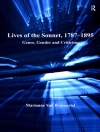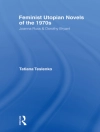Essays: Religious Meditations. Places of Perswasion and Disswasion. Seene and Allowed (1597) was the first published book by the philosopher, statesman and jurist Francis Bacon. The Essays are written in a wide range of styles, from the plain and unadorned to the epigrammatic. They cover topics drawn from both public and private life, and in each case the essays cover their topics systematically from a number of different angles, weighing one argument against another. A much-enlarged second edition appeared in 1612 with 38 essays. Another, under the title Essayes or Counsels, Civill and Morall, was published in 1625 with 58 essays. Translations into French and Italian appeared during Bacon’s lifetime.
Bacon’s genius as a phrase-maker appears to great advantage in the later essays. In ‘Of Boldness’ he wrote, ‘If the Hill will not come to Mahomet, Mahomet will go to the hill’, which is the earliest known appearance of that proverb in print. The phrase ‘hostages to fortune’ appears in the essay ‘Of Marriage and Single Life’ – again the earliest known usage. Aldous Huxley’s book Jesting Pilate took its epigraph, ‘What is Truth? said jesting Pilate; and would not stay for an answer’, from Bacon’s essay ‘Of Truth’. The 1999 edition of The Oxford Dictionary of Quotations includes no fewer than 91 quotations from the Essays.












